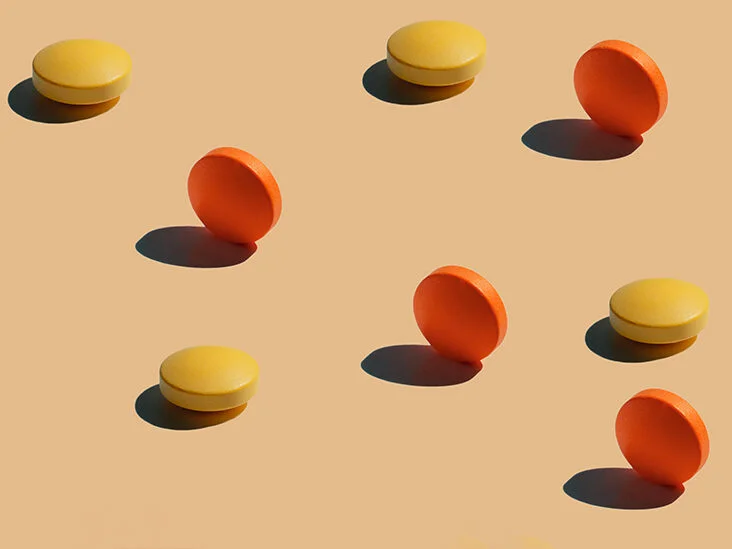
Erectile Dysfunction (ED), often referred to as impotence, is a common condition that affects millions of men worldwide. It is the inability to achieve or maintain an erection sufficient for satisfactory sexual performance. While occasional difficulties with erections are normal, persistent ED can be a sign of an underlying health problem. Understanding its causes and the available erectile dysfunction treatment is essential for affected individuals and their partners.
Causes of Erectile Dysfunction
Physical Factors: Chronic illnesses like diabetes, hypertension, and cardiovascular diseases can damage blood vessels and reduce blood flow to the penis, causing ED. Obesity, high cholesterol levels, and hormonal imbalances can also contribute.
Psychological Factors: Stress, anxiety, depression, and relationship problems can interfere with sexual arousal, leading to ED. Emotional issues can exacerbate the condition, creating a cycle of performance anxiety.
Neurological Disorders: Conditions such as multiple sclerosis, Parkinson’s disease, and stroke can disrupt the communication between the brain and the reproductive system, causing erectile difficulties.
Medications: Certain medications, including antidepressants, antihypertensives, and prostate cancer treatments, have ED as a side effect.
Lifestyle Choices: Smoking, excessive alcohol consumption, and substance abuse can constrict blood vessels, hampering the blood flow needed for an erection. Sedentary lifestyle and poor diet choices can contribute to obesity and related health problems.
Treatment Options
Lifestyle Changes: Modifying lifestyle habits can significantly improve ED. Regular exercise promotes better cardiovascular health and weight management, reducing the risk of ED. A balanced diet rich in fruits, vegetables, whole grains, and lean proteins supports overall well-being.
Psychological Counseling: For cases related to stress, anxiety, or relationship issues, therapy or counseling can help individuals and couples address emotional barriers, providing tools to cope and communicate effectively.
Medications: Several oral medications like sildenafil (Viagra), tadalafil (Cialis), and vardenafil (Levitra) increase blood flow to the penis, aiding in achieving and maintaining an erection. These medications are often effective, but consultation with a healthcare provider is essential for proper dosage and usage.
Penile Injections and Urethral Suppositories: Medications can be injected directly into the base or applied as suppositories into the urethra to stimulate blood flow and induce an erection. Generic Caverject is one of the most popular types of penile injections available.
Hormone Replacement Therapy: For cases involving hormonal imbalances, hormone therapy can be administered to restore proper hormone levels, improving sexual function.
Surgery: In severe cases where other treatments are ineffective, surgical options such as penile implants or vascular surgery to improve blood flow may be considered.
Vacuum Erection Devices: These devices use suction to draw blood into the penis, creating an erection. A constriction ring is placed around the base of the penis to maintain the erection for sexual activity.
Conclusion
Erectile Dysfunction is a common condition that can affect men of all ages, impacting both physical and emotional well-being. It is essential to approach ED with openness and seek medical advice promptly. Understanding the underlying causes, making lifestyle changes, and exploring appropriate treatment options can restore sexual function, enhance self-esteem, and improve overall quality of life for individuals and their partners. Seeking support from healthcare professionals and mental health experts is a vital step toward regaining confidence and enjoying a fulfilling intimate life.